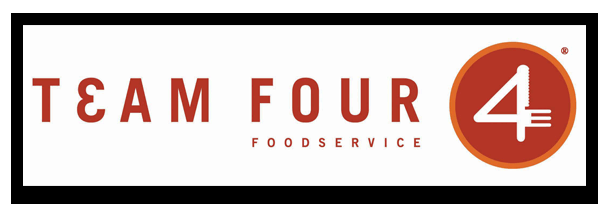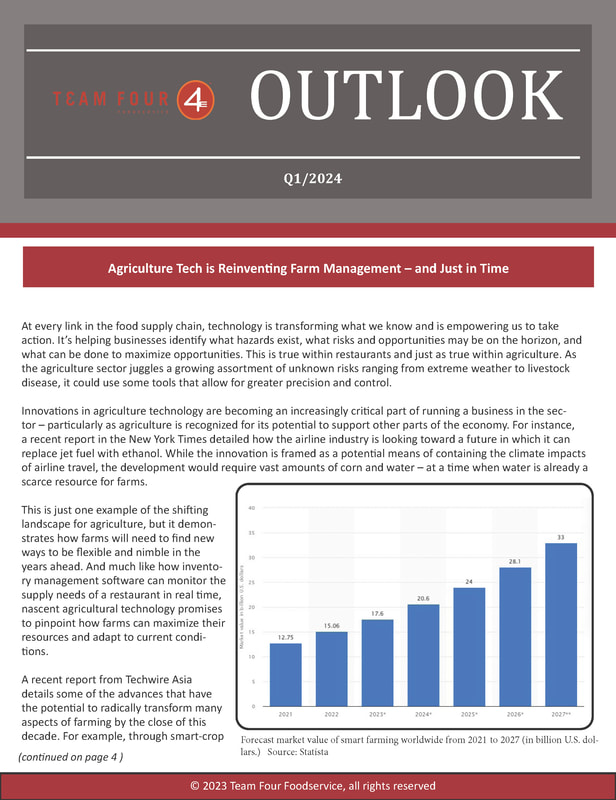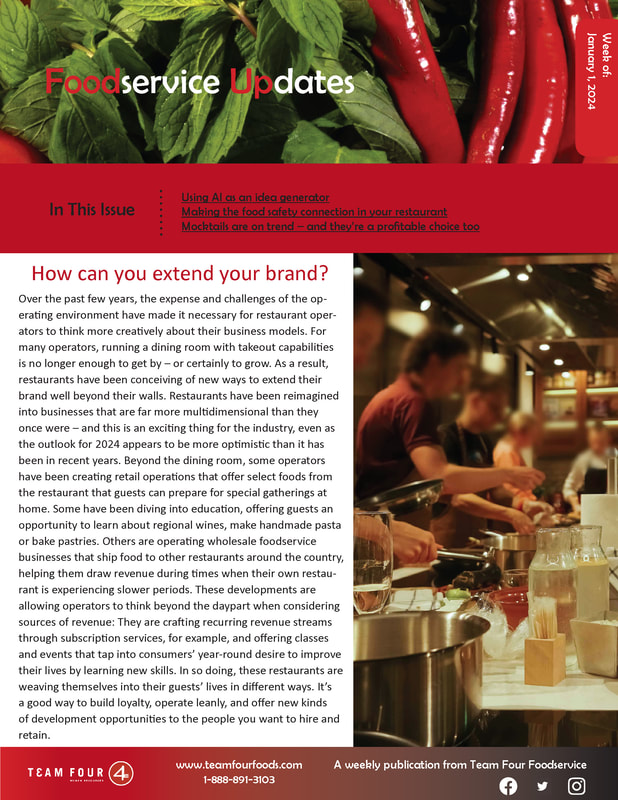|
If it seems like unionization is becoming more widespread among hourly restaurant employees right now, new research confirms its appeal: According to 2024: The State of the Hourly Workforce, a survey of over 1,500 hourly workers and 550 managers in North America, 27 percent of hourly workers hope their organizations will unionize. Poor employee morale and retention are at the root of this, with just half of respondents believing their employers care about creating a positive work environment and 41 percent reporting that they have seen no workplace culture improvements in the past year. If any of this sounds familiar, it might help to understand what hourly workers value in an employer – as well as the reasons driving the appeal of unionization. Among the top aspects they appreciate, according to the findings, are their coworkers (69 percent), the work itself (60 percent) and schedule flexibility (52 percent). Recognition, early pay and shift flexibility also encourage people to remain in their jobs. On the other hand, low wages, poor benefits, poor work-life balance and lack of schedule flexibility are driving workers’ efforts to unionize. Improving just one of these factors, specifically schedule flexibility, could have a significant impact on employees’ job satisfaction – yet less than 20 percent of managers surveyed report using automated scheduling programs, instead using inefficient methods like calling or texting to fill shifts. If you’re looking to improving staff morale and retention, where might you make incremental improvements to your culture in ways that could have a positive impact?
0 Comments
It’s a challenging task for any service business: How can you best attract, retain and allocate workers while meeting highly variable demand from guests? Cross-training workers to handle a range of tasks can help you manage the variability of business and make jobs feel more worthwhile to staff, though there can be a downside to it. According to a Harvard Business School study, cross-training may lead to a lack of ownership or specialization if not managed thoughtfully. It’s best when applied in ways that are aimed at improving service and job quality – and not necessarily applied across the board. The study cites examples of how several foodservice businesses have used cross-training to zero in on bottlenecks and adapt on the fly to demands. Case in point: Moe’s Original BBQ once had a clear boundary between front- and back-of-house teams that made it challenging to handle high-demand periods. But by cross-training the teams on certain tasks, like answering phones, serving food, bagging to-go orders, restocking the line and preparing basic sides, the business made it easier for the full team to manage during busy shifts. Having some overlap helps each group get to know the other better and understand what they do, making them more motivated to help each other out. It can also provide staff with a glimpse into other areas of the business that they might want to pursue – and reasons to stay with you.
|
More HR ArticlesHang on to employment gainsIt all hinges on turnover – so turn it aroundMaking inspections better for moraleArchives
July 2024
Categories
All
|
Foodservice CEO is provided for informational purposes only. It is intended to offer foodservice operators’ guidance regarding best practices in running their operations. Adherence to any recommendations included in this Guidance will not ensure a successful operation in every situation. Furthermore, the recommendations contained in this website should not be interpreted as setting a standard of operation or be deemed inclusive of all methods of operating nor exclusive of other methods of operating.
Copyright 2023 Team Four Foodservice, All Rights Reserved.






 RSS Feed
RSS Feed